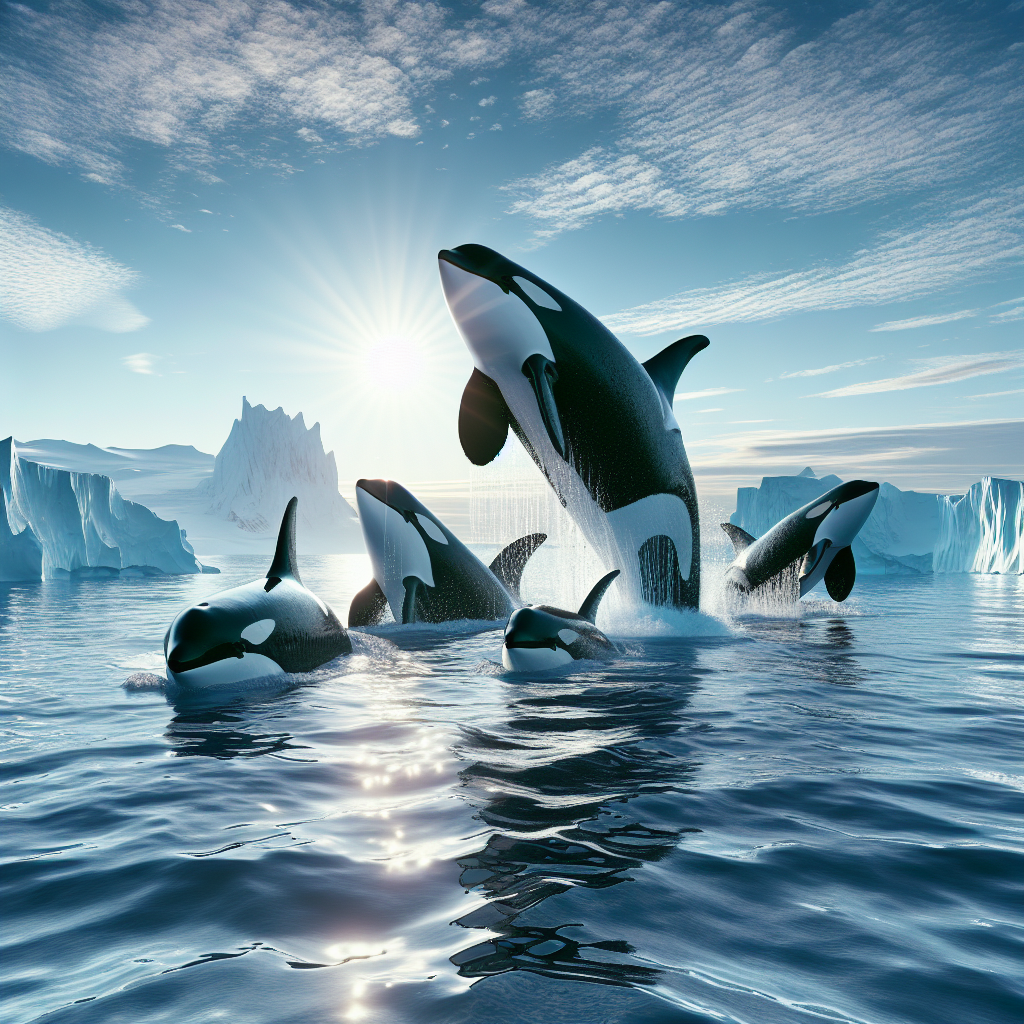Killer Whales and Europe's Space Ambitions in Focus
Killer whales exhibit tool use by grooming with seaweed, demonstrating their intelligence and social structures. Meanwhile, Europe's satellite venture faces delays and debates. Under Project Bromo, companies aim to create a unified space enterprise to rival global players, pushing for progress despite ongoing challenges.

Killer whales are showcasing a fascinating behavior, using seaweed as grooming tools. This novel research indicates their high intelligence and complex social interactions. Drone observations in the Salish Sea highlight 'allokelping,' a rare instance of marine mammals' tool use.
In Europe, the push to establish a satellite manufacturing leader faces delays and disputes. The ambitious Project Bromo, involving major aerospace firms like Airbus and Thales, seeks to strengthen competitiveness against global giants like China and Elon Musk's Starlink, despite ongoing discussions over numerous logistical issues.
Efforts continue to overcome obstacles in hopes of accelerating progress, as French officials emphasize the need for this strategic development. However, cost controversies and collaboration complexities remain significant hurdles in Europe's quest to streamline its space industry.
(With inputs from agencies.)









